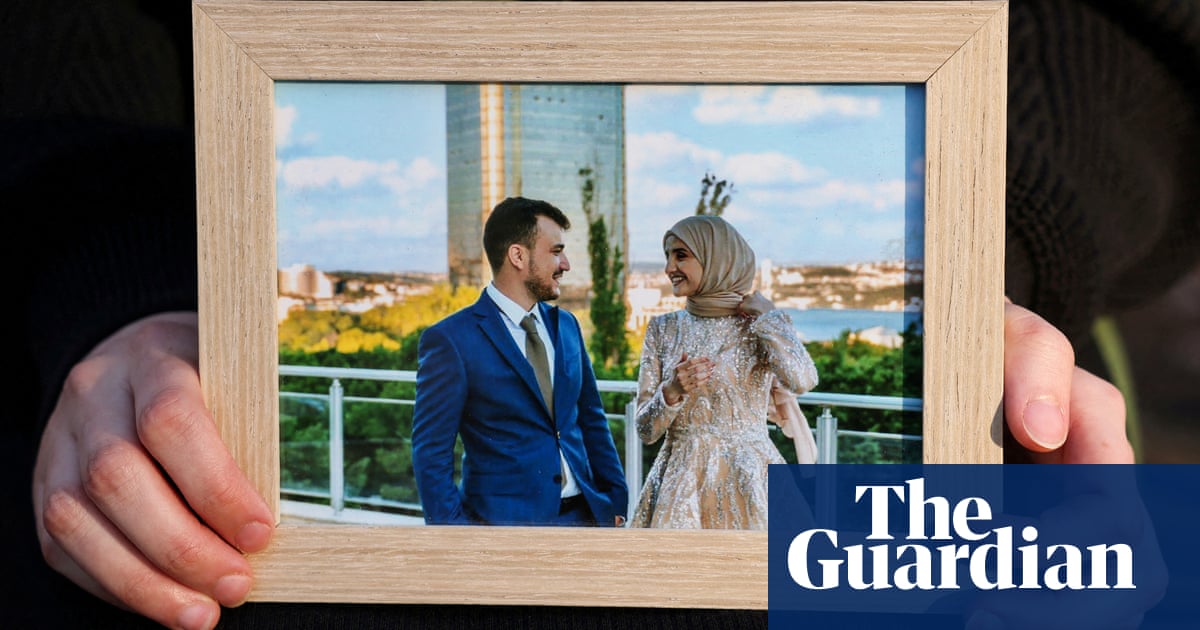Noor Abdalla, the wife of detained Columbia university graduate and Palestinian activistMahmoud Khalil, has announced the birth of their son.
In a statement released on Monday evening, Abdalla wrote: “I welcomed our son into the world earlier today without Mahmoud by my side. Despite our request for ICE to allow Mahmoud to attend the birth, they denied his temporary release to meet our son. This was a purposeful decision by ICE to make me, Mahmoud, and our son suffer.”
The Department of Homeland Security denied Khalil the opportunity to attend the birth of his first child, which he was only able to experience via a telephone call. Khalil is being held in a Louisiana detention facility more than 1,000 miles away from theNew Yorkhospital where his son was delivered.
Abdalla, a 28-year-old dentist who lives in New York, and her son, who was born early Monday morning, are both in good health.
Abdalla is a US citizen who was born and raised in Michigan. Her parents immigrated to the US from Syria about40 years ago.
According to emails reviewed by the New York Times, Khalil’s lawyers suggested several ways in which he could have attended the birth, including allowing him a two-week furlough while wearing an ankle monitor and requiring scheduled check-ins.
“A two-week furlough in this civil detention matter would be both reasonable and humane so that both parents can be present for the birth of their first child,” the lawyers wrote.
The request was denied by the New Orleans field office of Immigration and Customs Enforcement.
Khalil was arrested on 8 March on grounds that he is considered to be a threat to US foreign policy. Earlier this month, an immigration judge ruled that Khalil is eligible to be deported from the United States.
Sign up toHeadlines US
Get the most important US headlines and highlights emailed direct to you every morning
after newsletter promotion
Abdalla has fought for her husband’s release since the day of his arrest, maintaining that theTrump administrationis “trying to silence” anyone who speaks up for Palestinian rights.
“We will not be silenced. We will persist, with even greater resolve, and we will pass that strength on to our children and our children’s children – until Palestine is free,”she wroteon 8 April.
In her statement shortly after her son’s birth, Abdalla vowed to continue to fight for Khalil’s release. “I will continue to fight every day for Mahmoud to come home to us. I know when Mahmoud is freed, he will show our son how to be brave, thoughtful, and compassionate, just like his dad.”
